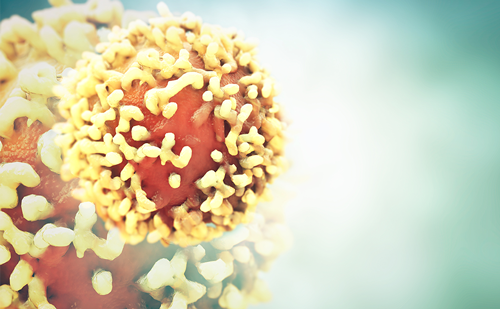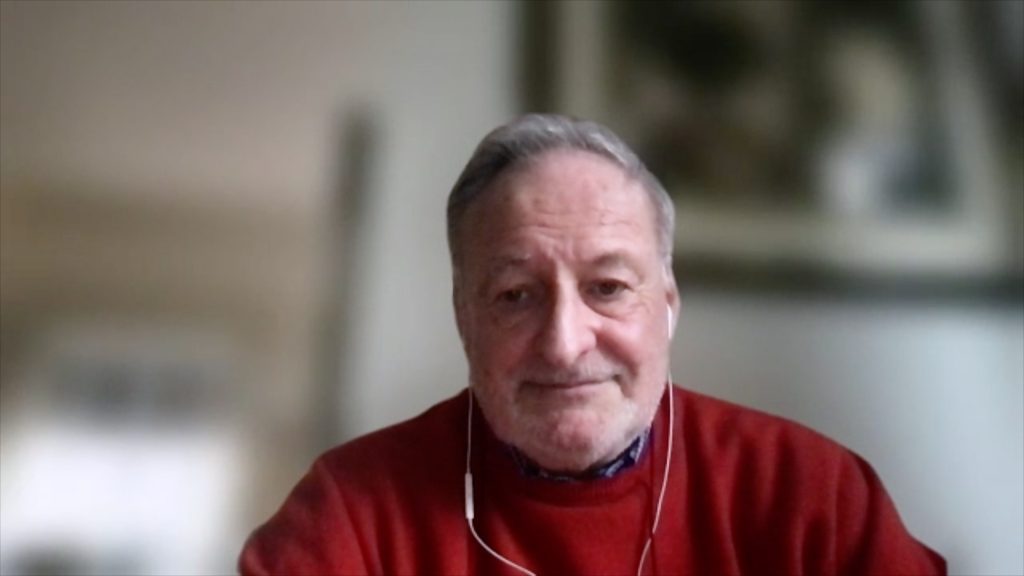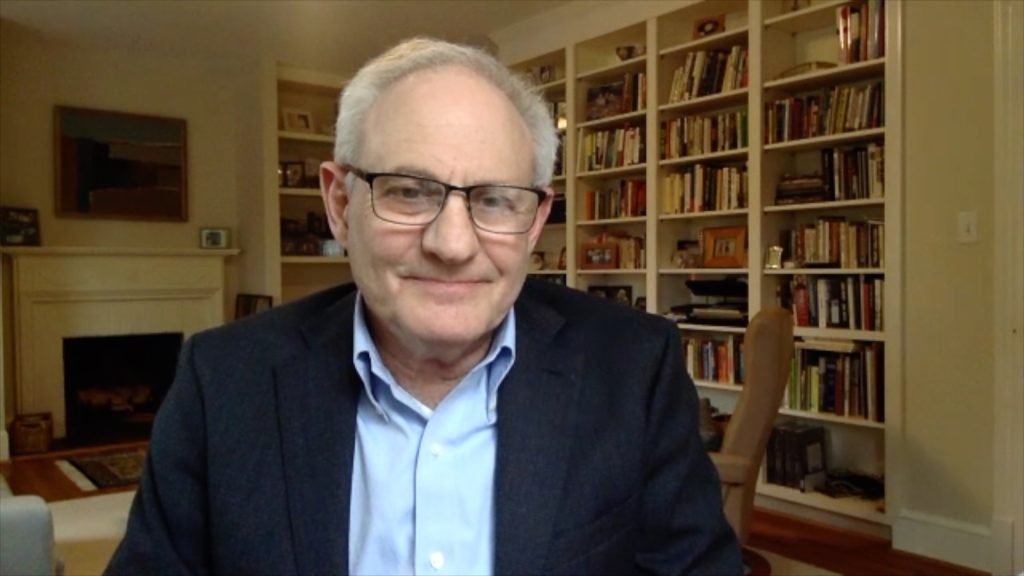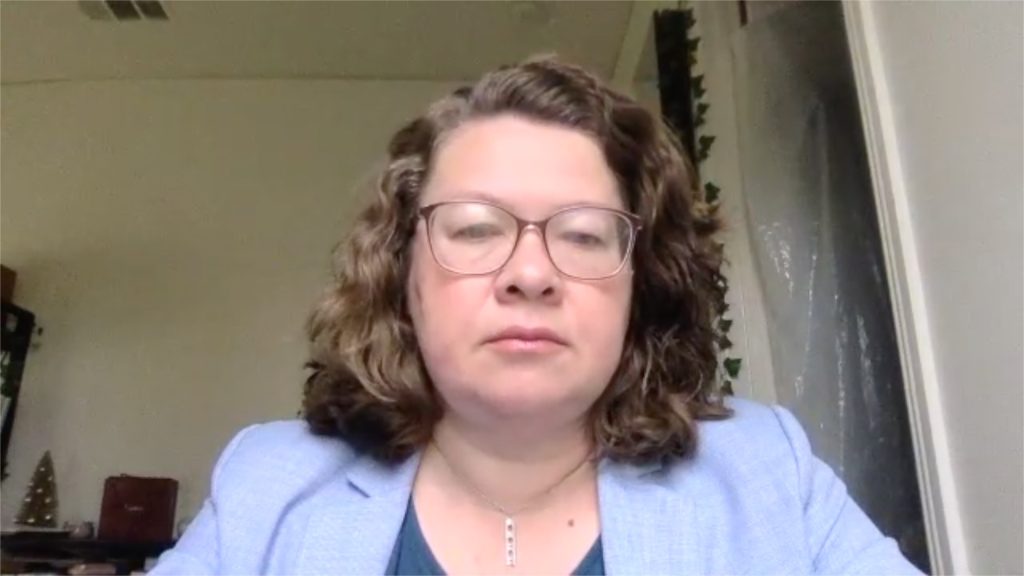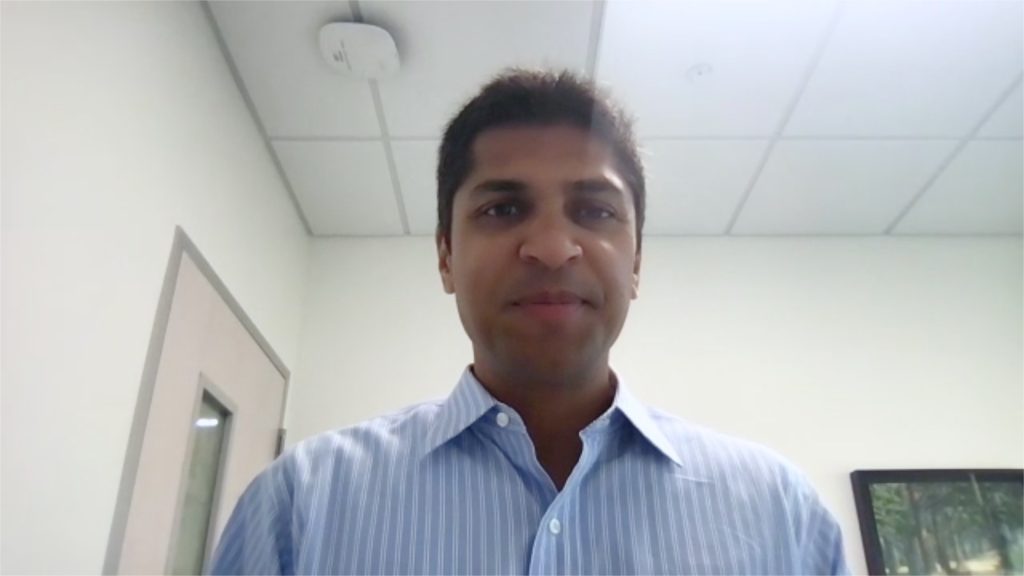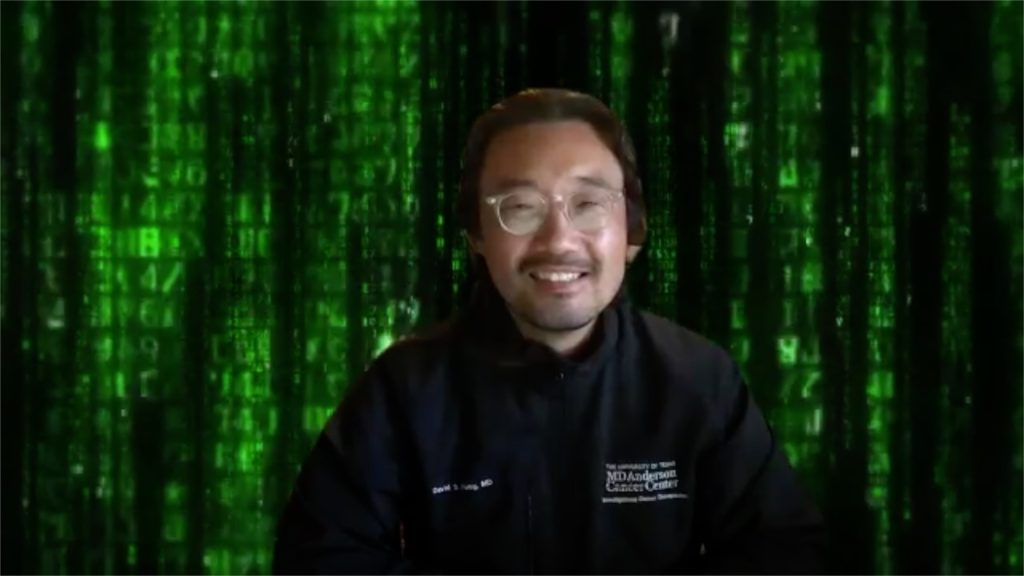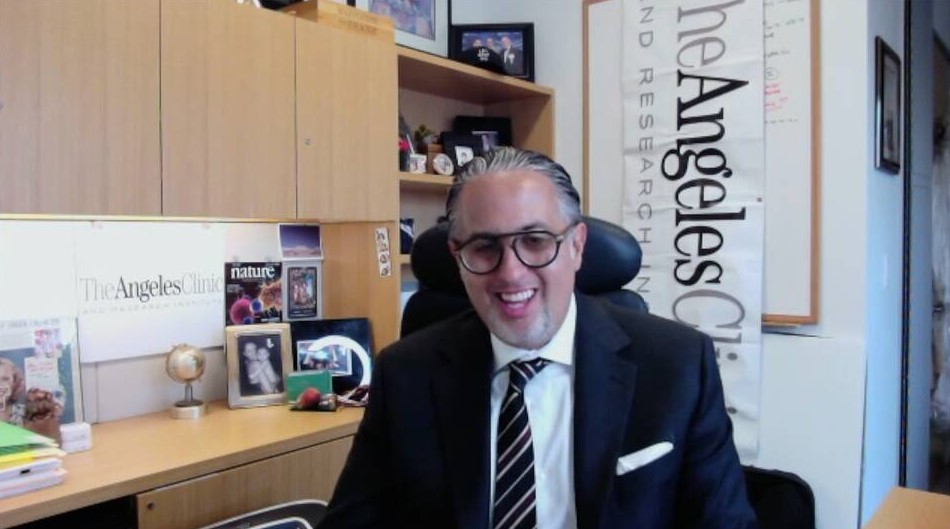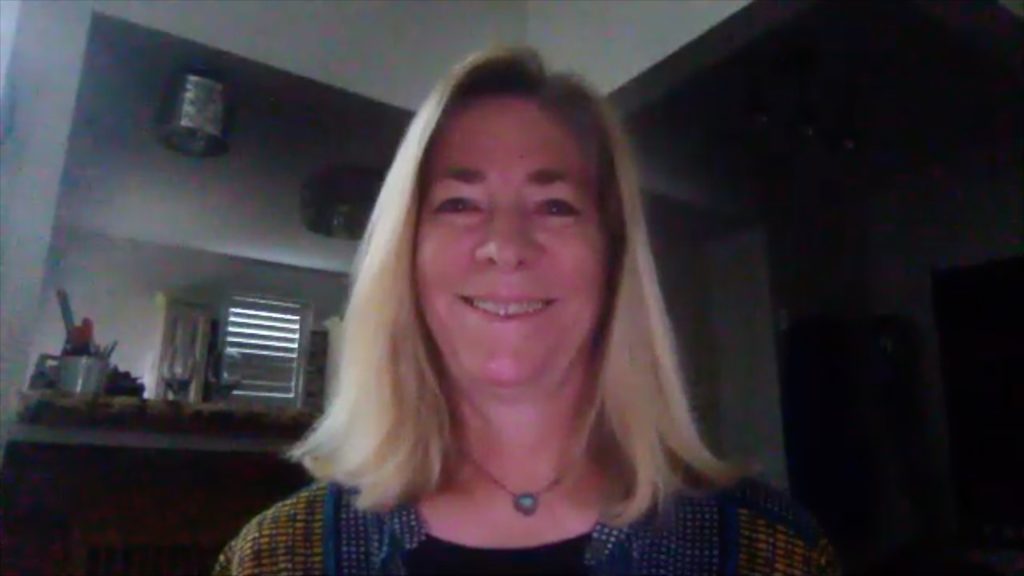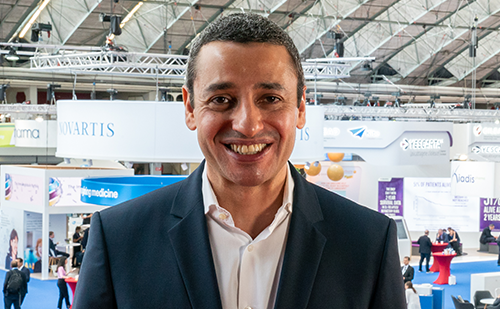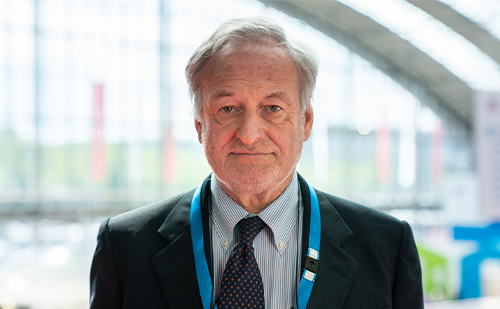Chimeric antigen receptor (CAR) T-cell therapy has been the most important recent breakthrough in the treatment of haematological malignancies. CAR T-cell therapy is a novel adoptive immunotherapy in which T lymphocytes are re-engineered ex vivo to produce CARs that can direct non-tumour specific T cells to recognise and kill cancer cells. The T cells are removed from the patient via leukapheresis, genetically modified, expanded and then reinfused into the patient.1
CAR T-cell therapy may indeed change the treatment paradigm for B-cell malignancies. In August 2018, the first two CAR T therapies against the B-cell antigen CD19 were approved in Europe. Tisagenlecleucel (KymriahÒ, Novartis, Basel, Switzerland) was approved for paediatric and young adult patients up to age 25 years with refractory B-cell acute lymphoblastic leukaemia (ALL) in relapse after transplant or in second or later relapse, as well as for adult patients with relapsed/refractory diffuse large B-cell lymphoma (DLBCL) after failing at least two lines of systemic therapy.2 Axicabtagene ciloleucel (YescartaÒ, Gilead, Foster City, California, USA) was approved for the treatment of adult patients with relapsed or DLBCL and primary mediastinal large B-cell lymphoma, after two or more lines of systemic therapy.3 Since the development of these therapies, there has been a dramatic increase in clinical trials of CAR-T therapy, and there are currently around 100 new trial registrations each year.4
CAR T cells were a hot topic at the 24th European Haematology Association (EHA) Congress which took place from 13–16 June 2019 in Amsterdam. Gilead presented further data from its CAR T-cell research portfolio. KTE-X19 is an investigational CD19 CAR T-cell therapy that is structurally similar to axicabtagene ciloleucel; however, the manufacturing process includes the enrichment of lymphocytes. KTE-X19 is currently being investigated in the phase I/II ZUMA-3 study (ClinicalTrials.gov identifier: NCT02614066) in ALL, mantle cell lymphoma and chronic lymphocytic leukaemia. In the phase I part of the study, 45 patients with primary refractory or relapsed/refractory ALL after at least two prior lines of therapy received KTE-X19 at two different doses. At a median follow-up of 16 months, 68% of 47 evaluable patients achieved a complete response (CR) or CR with incomplete haematological recovery (CRi) and all responders had undetectable minimal residual disease. The 1 x 106 cells/kg dosage was selected for use in the phase II part of the study. Among 19 evaluable patients who received this dose, 84% patients achieved a CR or CRi, and 75% experienced an ongoing response.5 In terms of safety, grade ≥3 cytokine release syndrome (CRS) events and neurologic events occurred in 29% and 38% of all patients, respectively. There were two treatment-related grade 5 adverse events; one patient developed stroke due to CRS and neurologic events, and one experienced multiorgan failure following CRS.5
KTE-X19 is also being investigated in children and adolescents with relapsed/refractory B-cell ALL. In the phase I dose-finding study of ZUMA-4 (ClinicalTrials.gov identifier: NCT02625480), 24 patients received KTE-X19. In patients receiving the 40-mL, 1 × 106 cells/kg dose, which was chosen for the phase II study, the response rate was 71% and 86% of all patients had undetectable minimal residual disease. Grade ≥3 neurologic events were seen in 11% of patients, and grade ≥3 CRS in 22%.6
Concerns persist about the toxicity of CAR T-cell therapy, including CRS and neurotoxicity. However, an increase in awareness has resulted in improved management of these complications. A recent study recorded the neurological symptoms of 100 patients who had received CAR T-cell therapy. Results showed that while 77% of patients experienced at least one neurological symptom, including, encephalopathy (57%), headache (42%), tremor (38%), aphasia (35%) and focal weakness (11%), most of were reversible, and symptoms almost always resolved over time. A number of imaging modalities, including electroencephalogram, 18F-labeled fluoro-2-deoxyglucose positron emission tomography (FDG-PET) and transcranial Doppler ultrasound were found to be more effective than magnetic resonance imaging (MRI) for assessing neurological toxicities.7
The next step in the clinical development of CAR T cells will be the development of novel targets and combined therapeutic approaches. Phase I clinical trial (ClinicalTrials.gov identifier: NCT02290951) data presented at the EHA meeting show that REGN1979 (Regeneron, Tarrytown, New York, USA), an investigational bispecific monoclonal antibody that binds to both a B-cell tumour protein (CD20) and an immune system T-cell receptor (CD3), continues to show high response rates in patients with relapsed or refractory follicular lymphoma or DLBCL, including patients whose disease had progressed after previous CAR T-cell therapy.8
Another investigational CAR T-cell, CYAD-01 (Celyad, Mont-Saint-Guibert, Belgium) is targeting NKG2D, an activating receptor that is widely expressed in solid and haematologic malignancies but absent or poorly expressed on healthy tissues.9 Results from the ongoing phase I THINK (ClinicalTrials.gov identifier: NCT03018405) and DEPLETHINK (ClinicalTrials.gov identifier: NCT03466320) trials evaluating CYAD-01 for the treatment of relapsed or refractory acute myeloid leukaemia and myelodysplastic syndrome, show that the therapy is inducing durable responses with no neurotoxicity to date.10
CT103A (Innovent Bio-B, China) is an innovative CAR-T cell therapy targeting the B-cell maturation antigen, a transmembrane glycoprotein that is expressed at significantly higher levels in multiple myeloma cells but not on other normal tissues except normal plasma cells.11 Data from an early stage clinical study presented at the EHA meeting showed that, among 9 patients with relapsed/refractory multiple myeloma who received CT103A, the overall response rate was 100% and all patients had a rapid response within 14 days, with 67% achieving a CR at the lowest dose.12 Other antigen targets currently in clinical investigation include CD38, CD138, SLAMF7, and kappa light chains.4
CAR T cells represent an exciting innovation, and continue to show clinical activity in advanced malignancies. However, there are still obstacles to overcome. We need to increase access to these therapies in Europe and overcome the challenges in implementation. These include delivering the therapy to the patient and managing the side effects. Nevertheless, the scope to further optimise CAR T-cell design and delivery offers the promise of cure for many haematological malignancies, and heralds an exciting new era in cancer treatment.
Medical writing assistance was provided by Katrina Mountfort of Touch Medical Media, and supported by Touch Medical Media.
References
- Fesnak A, O’Doherty U. Clinical development and manufacture of chimeric antigen receptor T cells and the role of leukapheresis. European Oncology & Haematology. 2017;13:28–34.
- Novartis. Novartis receives European Commission approval of its CAR-T cell therapy, Kymriah® (tisagenlecleucel). 2018. Available at: www.novartis.com/news/media-releases/novartis-receives-european-commission-approval-its-car-t-cell-therapy-kymriah-tisagenlecleucel (accessed 24 June 2019).
- Yescarta® (Axicabtagene Ciloleucel) Receives European Marketing Authorization for the Treatment of Relapsed or Refractory DLBCL and PMBCL, After Two or More Lines of Systemic Therapy. Available at: www.gilead.com/news-and-press/press-room/press-releases/2018/8/yescarta-axicabtagene-ciloleucel-receives-european-marketing-authorization-for-the-treatment-of-relapsed-or-refractory-dlbcl-and-pmbcl-after-two-o (accessed 24 June 2019).
- Charrot S, Hallam S. CAR-T cells: future perspectives. HemaSphere. 2019;3:e188.
- Shah BJ, Bishop MR, Oluwole O, et al. KTE-X19, An Anti-CD19 Chimeric Antigen Receptor T Cell Therapy, in Adult Patients with Relapsed/Refractory Acute Lymphoblastic Leukemia: End of Phase 1 Results of ZUMA-3. Presented at the 24th European Haematology Association (EHA) Congress, 13–16 June 2019, Amsterdam.
- Wayne AS, Huynh V, Hijiya N, et al. Phase 1 Results of ZUMA-4: KTE-X19, an anti-CD19 Chimeric Antigen Receptor T Cell Therapy, in Pediatric and Adolescent Patients with Relapsed/Refractory B Cell Acute Lymphoblastic Leukemia. Presented at the 24th European Haematology Association (EHA) Congress, 13–16 June 2019, Amsterdam P5962.
- Rubin DB, Danish HH, Ali AB, et al. Neurological toxicities associated with chimeric antigen receptor T-cell therapy. Brain. 2019;142:1334–48.
- Regeneron CD20XCD3 bispecific REGN1979 shows positive results in patients with relapsed or refractory B-cell non-Hodgkin lymphoma, including in CAR-T cell failures. 2019. Available at: https://newsroom.regeneron.com/news-releases/news-release-details/regeneron-cd20xcd3-bispecific-regn1979-shows-positive-results (accessed 24 June 2019).
- Baumeister SH, Murad J, Werner L, et al. Phase I trial of autologous CAR T cells targeting NKG2D ligands in patients with AML/MDS and multiple myeloma. Cancer Immunol Res. 2019;7:100–12.
- Celyad Presents Clinical Update for CYAD-01 at 24th Congress of the European Hematology Association. 2019. Availablae at: https://wwwglobenewswirecom/news-release/2019/06/17/1869905/0/en/Celyad-Presents-Clinical-Update-for-CYAD-01-at-24th-Congress-of-the-European-Hematology-Associationhtml (accessed 24 June 2019).
- Cho SF, Anderson KC, Tai YT. Targeting B cell maturation antigen (BCMA) in multiple myeloma: potential uses of BCMA-based immunotherapy. Front Immunol. 2018;9:1821.
- Li C, Zhou J, Wang J, et al. Clinical responses and pharmacokinetics of fully human BCMA targeting CAR T cell therapy in relapsed/refractory multiple myeloma. Presented at the 24th European Haematology Association (EHA) Congress, 13–16 June 2019, Amsterdam S827.


